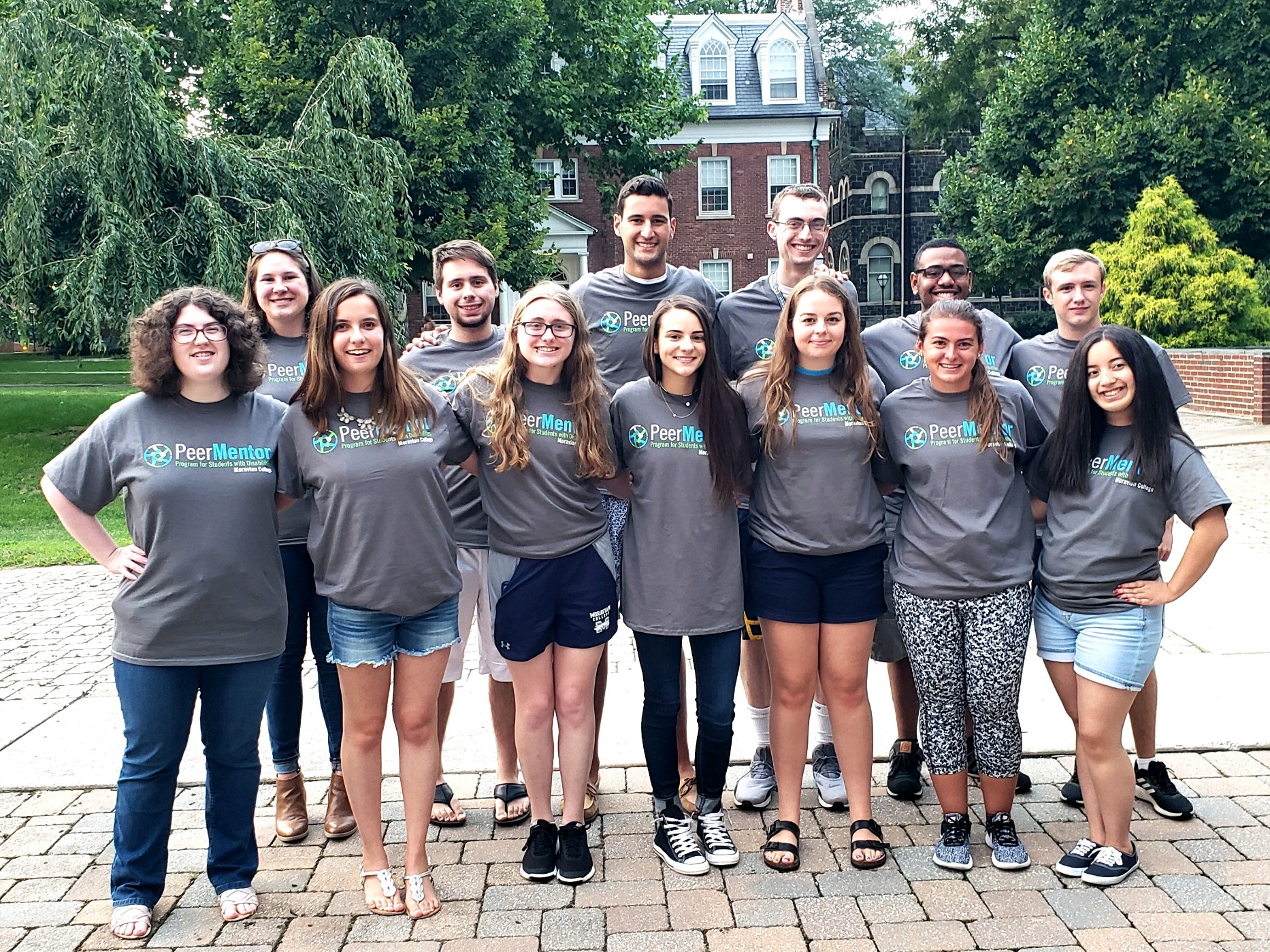Support for College Students with Schizophrenia
Although the cause is unknown, Schizophrenia typically appears when a person is in his or her teens to early twenties. The mental illness described as a brain disorder that distorts the way a person thinks, acts, or expresses emotions, relates to others and perceives reality, affects more than 200,000 Americans annually.
Someone dealing with Schizophrenia may have trouble identifying the difference between what is real and what is imaginary, may be unresponsive or withdrawn, and may experience difficulty expressing normal emotions in social situations.
Signs and Symptoms of Schizophrenia
False beliefs (i.e., delusions)
- Seeing or hearing things that aren’t there (hallucinations)
- Little interest in daily life
- Lack of emotion
- Inappropriate emotions
- Neglecting personal hygiene
- Inability to process information
- Memory problems
- Disorganized speech or behavior
- Catatonic or unresponsive behavior
If You Are in Crisis: Call the toll-free National Suicide Prevention Lifeline at 1-800-273-TALK (8255) or text START to the Crisis Text Line at 741-741, available 24 hours a day, 7 days a week. The service is available to anyone. All communications are confidential.
If you are on Moravian's campus and need help:
- call the Counseling Center at 610-861-1510
- call Campus Police at 610-861-1583.
- speak with the campus Chaplain at 610-861-1421
Getting help on campus
If you’re experiencing many of these signs and symptoms and it’s impairing your ability to function as a college student, we suggest you:
- Talk to friends and family about it.
- Discuss the impact of your illness with the Director of Accessibility Services (610-861-1401 or aasc@moravian.edu). You may be eligible for accommodations in your classroom, housing, or for programs and events at Moravian.
- Go to the college counseling office, see a psychiatrist, seek out support groups on campus.
- Try integrating these non-clinical holistic skills that can help:
- Exercise
- Yoga
- Meditation
- Mindfulness
- Better Nutrition
If you’ve tried these and are still feeling very overwhelmed, then maybe a leave of absence is the right move for you.
A leave of absence from school can be a scary concept where you’re worried about falling behind and leaving your classmates, but the pause may be the most important step you take.

